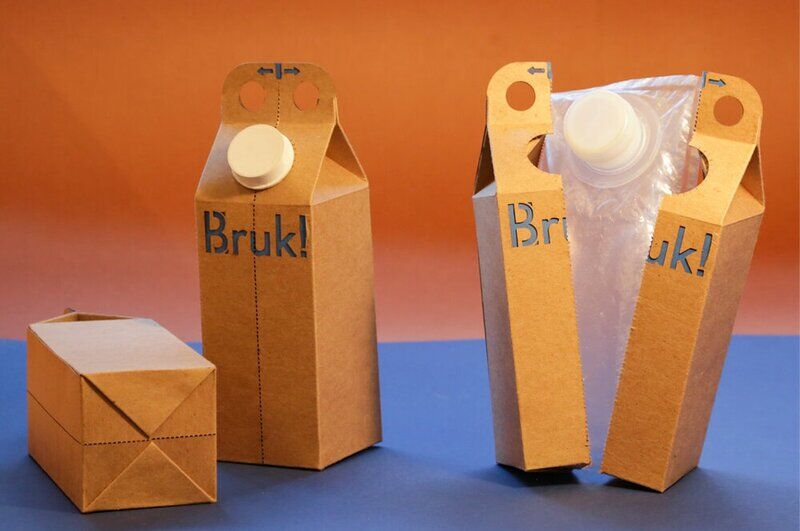The Battle of Sustainability: Unveiling the Truth Behind Biodegradable Plastic vs. Recycled Plastic
In recent years, the global concern for environmental sustainability has led to an increased focus on finding alternatives to traditional plastics. Two popular options that have emerged are biodegradable plastic and recycled plastic. Both claim to be more environmentally friendly than conventional plastics, but which one is truly better? In this article, we will delve into the intricacies of these two materials, exploring their benefits, drawbacks, and their impact on the environment.
- Understanding Biodegradable Plastic:
Biodegradable plastic refers to a type of plastic that can break down naturally over time through the action of microorganisms. It is designed to decompose into harmless natural elements, such as water, carbon dioxide, and biomass. This process can occur in various environments, including landfills, composting facilities, and even in the ocean. However, it is important to note that not all biodegradable plastics are created equal, and their effectiveness can vary depending on the specific conditions they are exposed to. - Unveiling Recycled Plastic:
Recycled plastic, on the other hand, is produced by collecting and processing used plastic products, such as bottles, containers, and packaging materials. The collected plastic is then cleaned, melted, and transformed into new products. This process helps reduce the demand for virgin plastic production, conserves resources, and minimizes waste. Recycled plastic can be used in a wide range of applications, including packaging, construction materials, and textiles. - Environmental Impact:
When comparing the environmental impact of biodegradable plastic and recycled plastic, several factors come into play. Biodegradable plastic offers the advantage of breaking down into harmless components, reducing the risk of long-term pollution. However, the decomposition process can be slow and may release greenhouse gases during degradation. Additionally, the production of biodegradable plastics often requires energy-intensive processes and may rely on non-renewable resources.
Recycled plastic, on the other hand, significantly reduces the amount of plastic waste that ends up in landfills or oceans. By reusing existing plastic materials, it helps conserve resources and reduces the need for new plastic production. However, the recycling process itself can be energy-intensive and may involve the use of chemicals. Furthermore, the quality and durability of recycled plastic products may not always match those made from virgin plastic.
- The Importance of Proper Waste Management:
Regardless of whether we choose biodegradable or recycled plastic, proper waste management is crucial. Both types of plastics require appropriate disposal methods to ensure they fulfill their environmental promises. Biodegradable plastics should be disposed of in composting facilities or industrial composting systems, while recycled plastics should be collected and processed through established recycling programs.
Conclusion:
In the battle of sustainability, the choice between biodegradable plastic and recycled plastic is not straightforward. Both options have their advantages and drawbacks, and their environmental impact depends on various factors. Biodegradable plastic offers the potential for natural decomposition, reducing long-term pollution, while recycled plastic helps conserve resources and minimize waste. Ultimately, a comprehensive approach that includes reducing plastic consumption, improving recycling infrastructure, and promoting sustainable alternatives is necessary to address the plastic pollution crisis effectively.

Post Comment